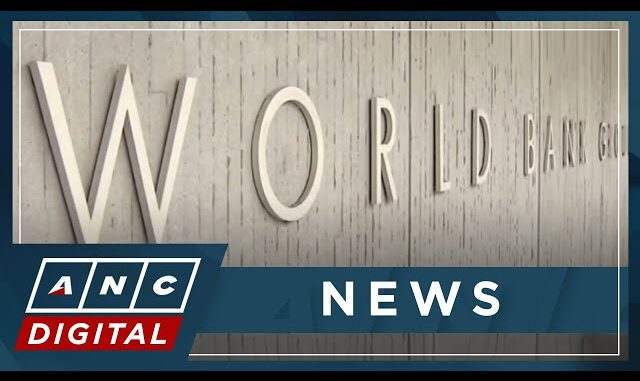
IMF, World Bank meetings clouded by wars, slow economic growth, US election

International Monetary Fund (IMF) and World Bank overshadowed by a confluence of global crises
ANALYSIS:
The recent meetings of the International Monetary Fund (IMF) and World Bank were overshadowed by a confluence of global crises, including ongoing conflicts, sluggish economic growth, and the impending U.S. elections. These factors have raised urgent questions about international cooperation and the effectiveness of multilateral institutions in addressing pressing economic challenges.
BREAK-DOWN:
One of the most significant issues discussed was the impact of war, particularly in Ukraine and the Middle East. The ongoing conflict in Ukraine continues to strain global supply chains and exacerbate food insecurity, pushing many nations into economic distress. The World Bank has reported that the war has not only affected Ukraine but also has ripple effects throughout Europe and beyond, contributing to inflation and energy shortages. In response, discussions centered on strategies to bolster economic resilience and support for affected nations, highlighting the need for coordinated financial assistance.
Simultaneously, sluggish economic development in many parts of the world, particularly in emerging markets, has raised alarms. Despite some recovery following the COVID-19 pandemic, growth rates remain below pre-pandemic levels in several countries. High inflation, rising interest rates, and persistent supply chain disruptions have stifled investment and consumer confidence. The IMF has urged countries to adopt reforms aimed at enhancing productivity and fostering inclusive growth, stressing that the recovery must be sustainable and equitable to avoid deepening economic divides.

Adding to this complex backdrop is the U.S. election, which is shaping the political landscape and influencing global economic policy. With key elections on the horizon, there are uncertainties regarding the U.S. commitment to multilateralism and international aid. Discussions at the meetings reflected concerns that domestic political shifts could lead to reduced support for international financial institutions and collaborative initiatives. This uncertainty is particularly critical given the role the U.S. plays in global economic governance, and any significant policy changes could have far-reaching implications for global stability.
The interplay of these factors—war, economic stagnation, and political uncertainty—has underscored the need for the IMF and World Bank to adapt their strategies to remain relevant in a rapidly changing world. Delegates emphasized the importance of innovative financing solutions, such as green bonds and development initiatives focused on sustainability, to address both immediate crises and long-term challenges.
Leave a Reply